|
Zoom whiteboard notes from a piano student's lesson A student asked me questions on practicing. Do I practice every day, how long do I practice, when do I practice, what do I practice? How do I keep my enthusiasm for drumming year after year? Here are my answers.
As many people know, I took up the drums at age 50 after an adult student challenged me by saying I had no idea how difficult it was to learn as an older adult. I took the challenge. So, this blog is about my percussion practicing. (When my musical colleagues ask why I started drumming I tell a more colourful story that involves my misperception that drumming would be a cheaper mid-life crisis solution than buying a red sports car.)
If I can help and encourage you on your musical journey, call me. David aka "sticks Story" PS. I now cart my drums around in a red Cadillac. Not quite a sports car, but more drummer friendly.
0 Comments
The six skills of pianists
I don’t believe in talent. In my experience, all the so-called talented people turned out to be the hardest working, patient, and focused people of any cohort. However, they also had access to resources, like time and money to support their journey. Fortunately, there is a consensus around the core curriculum and its proper sequencing in formal piano studies.
If I can help you on your journey, call me. David Revised 2024 1. This chart helps to explain why taking notes is so important at a lesson. Don't just rely on the teacher's notes. Writing notes will help you to remember the class with more clarity.
2. This chart explains why the best time to practice is immediately after the lesson. 3. This chart explains why spaced repetition is so important. We forget most things we've learned if we don't heed the science of forgetting. 4. This chart demonstrates that we forget two-thirds of what we practiced the day before. 5. The chart should give you comfort that you are a normal learner. 6. The Harvard paper below offers some concrete helpful information on memorisation. If I can help you, call me. David References: Replication and Analysis of Ebbinghaus’ Forgetting Curve | PLOS ONE How Memory Works | Derek Bok Center, Harvard University How to prepare to attend a classical music concert.
Revised 2024 Talking HeadsShort explanation This goes deeper Herbert von Karajan conducting the Berlin Philharmonic (1977) with scrolling score The score and parts are at the bottom of this page.
I recently returned from Scotland where I attended, Mostly Audio 2023, an audio/music/Ai workshop and conference. This video summarizes all that's wrong with Ai generated music while missing the creative possibilities of Ai.
My take aways from this video.
However, this video does raise interesting questions for music education. The structure, delivery methods, and content of musical education will need to quickly evolve to stay relevant. But I have a few questions. Relevant to whom? Do all students want to be creators or producers? What will be the nature of musical collaboration? Who will have time to listen to all this easily generated music? Who will care? Is the joy of making music in the work or the output? How will this be monetized? Did the "creators or producers" of this video have licenses to use the likenesses of John Coltrane? David What should a Royal Conservatory of Music piano student practice each week according to Shakespear?2/20/2023 A Royal Conservatory piano student's goal,
Is mastering the art of playing with control. Begin with scales and arpeggios in hand, To warm up fingers and help you understand. Next, pieces chosen with purpose and care, Played often, so the music's easy to bear. Technical studies such as Hanon or Czerny, Can help you play with dexterity so cleanly. Sight-reading and ear training are quite a treat, To build essential skills and make progress sweet. Choose challenging repertoire to extend, Your capabilities, and become a true friend. Lastly, review and refine what you've learned, So your piano skills will be well-earned. A Royal Conservatory piano student's way, Is to practice each week, with dedication and play. William. Do you have enough time to take piano lessons?
Given the demands of overscheduled lives, most adults will have to give up some activity to make room for a new one. Google "how many hours does the average adult spend surfing on their phones?" Cutting that in half will free up enough time to learn piano. Call me when you are ready. David Revised August 2022 This is what Rick is working on.
Rick’s memorized list of tunes with study links.
Steps to soloing fluency.
Revised August 2022 Level 1: Fun is guaranteed in level 1 by just showing up and playing. Playing in a community concert band or at the family Christmas party would be an example. On the lesson front, level 1 is leisurely and steady. Level 2: You are going to perspire. Lessons will be intense. You may be getting ready to audition to play in a high-level community group. Or you may be preparing for an exam. Regardless, the musical standards are high. Daily deliberate practice of an hour or more will be required. Success is a near certainty given enough grit and time. Level 3 is going to hurt, tears will be shed. But you are all in. Your daily focus is piano. You dream of Carnegie Hall. You have multiple lines of attack. You put yourself out there. You are preparing to be an Olympian. Many dream, few make it. But this doesn't deter you. Large amount of time and money will be spent. Results not guaranteed. Athletic parallels Level 1: Weekend running group. Level 2: Marathon preparation. It's going to hurt, but you will live to tell the tale. Level 3: Extreme endurance running. You might die. Let me know where you stand. David Revised August 2022 The internet is full of hucksters telling you that learning to play the piano is easy. It's not, but it is fun. Every day I watch my students grow; the days turn into years. And, inch by inch, progress is made.
If I can help you on your journey, call me. David Revised August 2022 When I was a naïve overconfident young man Dr. Hugo Norden, professor emeritus Boston Conservatory, coached me in Baroque counterpoint and harmony. He was a wise man who knew how to handle characters like me. Mr. Story we are who we listen to. So, pick carefully" Dr. Hugo Norden 1981 Boston A restatement of the "law of association" to which I’ve spent forty plus years considering. I've reached several conclusions starting with who and what we listen to and how that normalizes our expectations of how music should sound and be presented. These associations show us possibilities. But who we “hang with” will be the greatest influence on our musical progress. Jazz musicians hang with Jazz musicians, Classical musicians hang with Classical musicians and so on. To whom are you listening? Do your listening habits support your music studies or distract? Do you associate with other like-minded individuals such as fellow students, or concert goers? If I can help, call me. David revised August 2022 What is practice math? Kim practices 10 minutes a day and Rachel puts in 60 minutes a day. …and a year goes by.
Now let’s compare experiences. Kim is having the time of his life, he’s learned a few pieces, played in a recital, showed off to his non-playing friends. Rachel is also having the time of her life, she’s learned a few pieces well, played in a recital to great family fanfare, and showed off to her non-playing friends. They are both a success. Everyone is happy, including the piano teacher, because there was clarity of purpose explicitly communicated by parents to the teacher and the child at the commencement of lessons. David All I would add to these fine words is the following: do these things long before they are teens.
Good luck David Revised October 2022 Keeping a positive attitude on the piano bench, when the going gets tough, is a perennial dilemma for us all. I found the following activities helpful on my learning journey as a percussionist. (I took up the study of percussion at age 50 on a dare from a piano student)
David Revised October 2022 3 Mini-shorts Breakfast piano minuteIt depends.
It depends on your prior musical experiences and expectations. If your desires are modest, YouTube will work. But if you desire to achieve some level of musical competency you will need a teacher. Teachers provide objective and knowledgeable feedback. Teachers guide you through a proven curriculum that has been successfully followed by countless students. And when the going gets tough, and it will, a teacher will support and inspire you to keep going. If that sounds like the help you need, call me. David Revised October 2022 These are short, charming, easy pieces for levels 5 and 6. Q: What can harpsichordists teach pianists? A: How to pace the music. Listen to the subtle flexibility in the flow of the music. In the second video the performer talks about these works. Enjoy, David Revised October 2022 Q: How does an impatient student find patience?
Q: How does the piano teacher maintain the student's enthusiasm while working with an impatient student? Good questions. A: There are no short cuts. Playing piano is a manual as well as intellectual skill that just takes time. If we neglect the development of your core piano skills, you will grow bored, discouraged, and quit. In the end, it's faster to learn the skills, embrace the discomfort of challenging work than to search all over the internet looking for a short cut. A good analogy is martial arts, yellow belts don't graduate to black belts by skipping the intermediate belts. There is a progression of skills, steps, and experiences required to move from belt to belt. Core music skills:
Here is a short story taken from my parallel passion of drumming. I devote a large chunk of my practice time to the core skills and fundamentals of drumming, namely time, tone, and patterning. Left, right, left, right or LLRR or RLRR and LRLL. I listen intently to the results. I analysis my movements. And on and on it goes. I've learned to be patient and I've made some real progress in my studies. I'm confident I will continue to make progress. Let me help you. Call me. Let's get started. David Revised October 2022 www.finchcocks.com/Finchcock Piano Courses UKI'm dreaming. of one week of piano with first rate tutors, delicious food, and flowing wine at this adult piano retreat in the UK. Click above for more inf.
David revised November 2022 Sometime the stress from the pandemic is a bit too much. It can lower our enthusiasm for practice. So, what to do? Assuming you are not suffering from clinical depression, in which case please seek professional help. This is not the place. But for the rest of us. Try some or all the following.
In the meantime, call me if you would like to meet online. I've dozens of students happily progressing on zoom. David. Will I ever get there? Maybe. An adult student is working on the scherzo of Haydn’s piano sonata in F major Hob.XVI:9 A fun work from RCM level 4. It goes fast, it’s light, it’s fun under the fingers. It reminds me of joyful summer memories as a kid riding our bikes as fast as we can go, just celebrating the joy of movement and being alive. How does one play like that? Can I ever go as fast? Another story. I’ve a young teenage student preparing to sit for her level 8 exam later this month. One of her pieces is Solfeggio in C minor by CPE Bach an extremely fast and demanding piece of music. She runs like the wind through it. The power of youth. Can my 61-year fingers play that fast? Nope. Period. It’s as absurd as looking on while high schoolers compete in the 100-yard dash. Yeah, I can still run fast, but not like that. Moral of the story. Be at peace with it. Now can we learn to play faster. Of course. Can we ever go as fast? Maybe, maybe not.
Now back to Haydn. Pianists who play well, including fast, have worked patiently in the following areas.
If I can help you on your journey, please give me a call. David Time to dream again. Covid-19 will abate this year; the vaccines are coming, spring will arrive. Time to get musically ready to share our music with the world again.
Here are 10 ideas to mull over.
Cheers, David I'm 15 or so and I've been playing piano for just a year when I got the call from a singer of my acquaintance. She is cute and she needs an accompanist for the outdoor church strawberry social. I accept. (Though I'm way over my head, I'm keen to impress.)
We practice together. Somehow, I survive. However, I am about to learn the difference between the practice room and the stage. (I didn't imagine it is like basic training verses combat.) So, picture this: It's a beautiful day as I approach the piano the church has hauled onto the grass. The back of the piano faces the singer and the audience. I confidently sit down, and immediately my right leg starts to bounce uncontrollably against the underside of the piano. People are looking around for the source of the noise. I remain deadpan behind the piano. She keeps singing. It mercifully ends. Takeaways. 1. "Superbia et ante ruinam" Pride goes before the fall. But the show must go on. 2. Never underestimate the power of shameless audacity in a show business career. 3. The magic of the performing arts is its illusion that it is easy. David Revised June 2023 Lockdown 2.0 Oh boy!
The article above supplies some great ideas to keep us practicing. I invite you to click the photo to read the article. David Listen to superb musicians playing great music. It is a musical truism: "we are who we listen to" because who we listen to inculcates the sound of the music into our being. This inculcation will colour how you play.
Try this on your next new piece.
Have fun. David Revised January 2024 |
You've got to learn your instrument. Then, you practice, practice, practice. And then, when you finally get up there on the bandstand, forget all that and just wail. AuthorI'm a professional pianist and music educator in West Toronto Ontario. I'm also a devoted percussionist and drum teacher. Categories
All
|
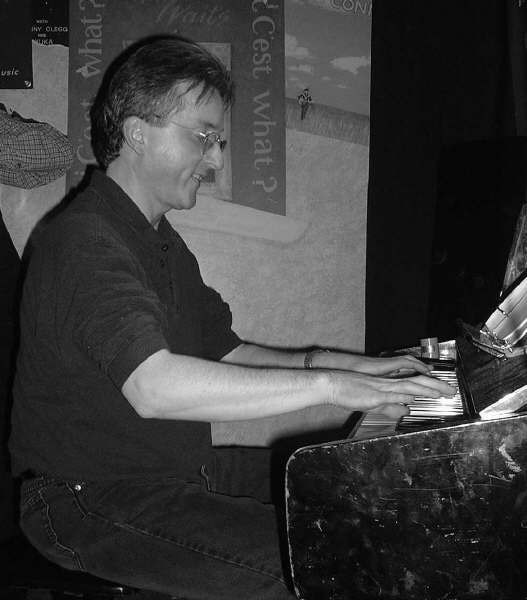
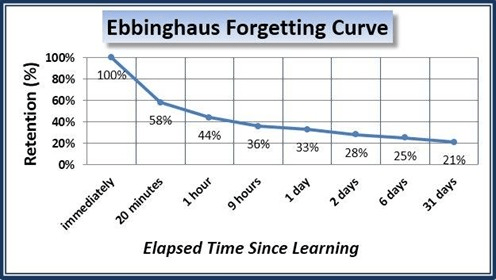

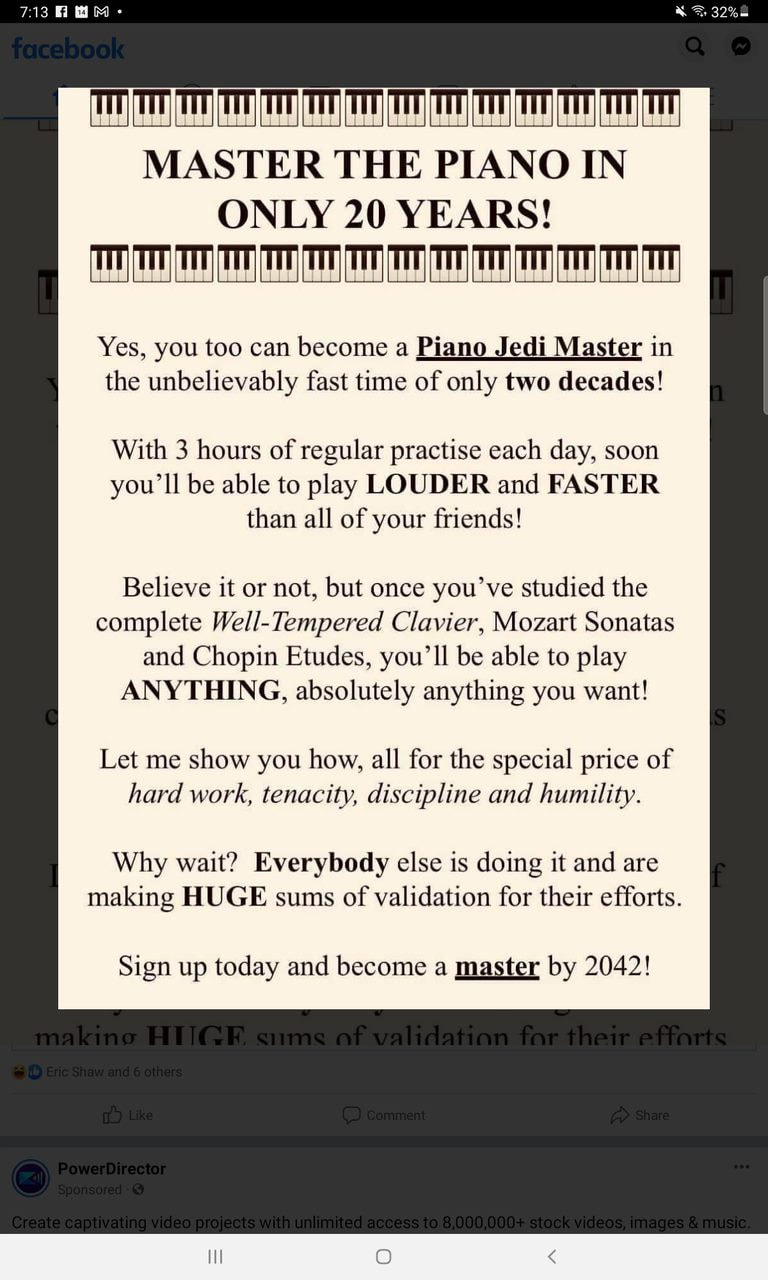
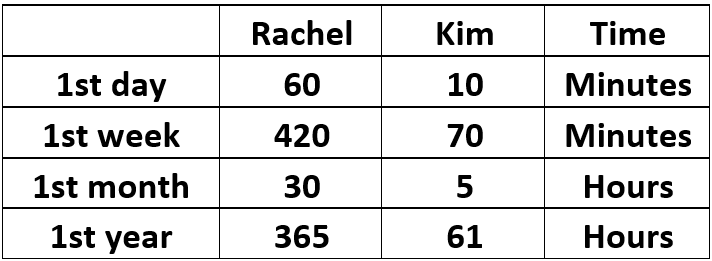
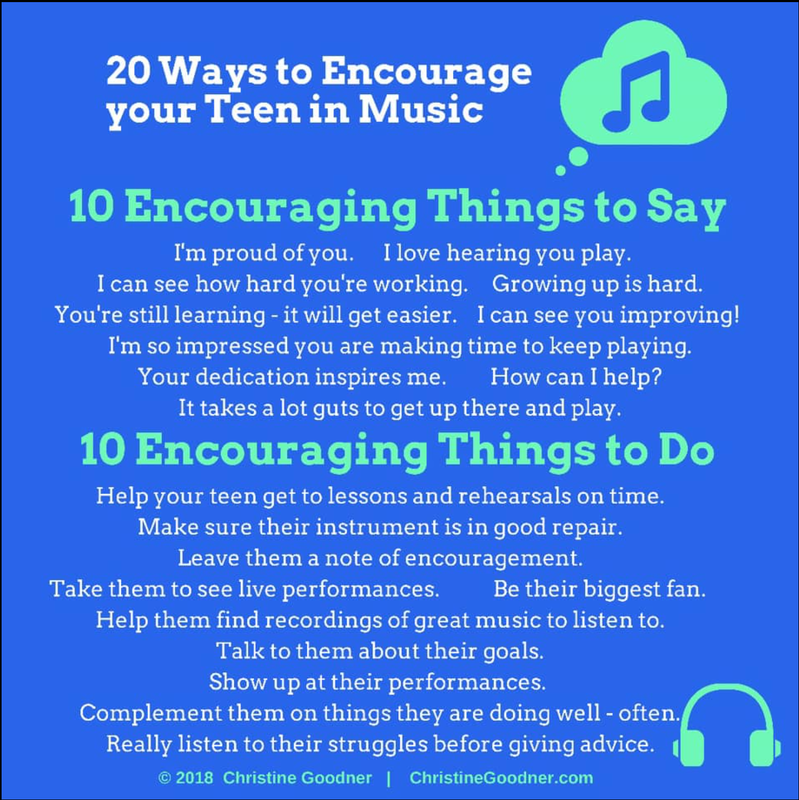
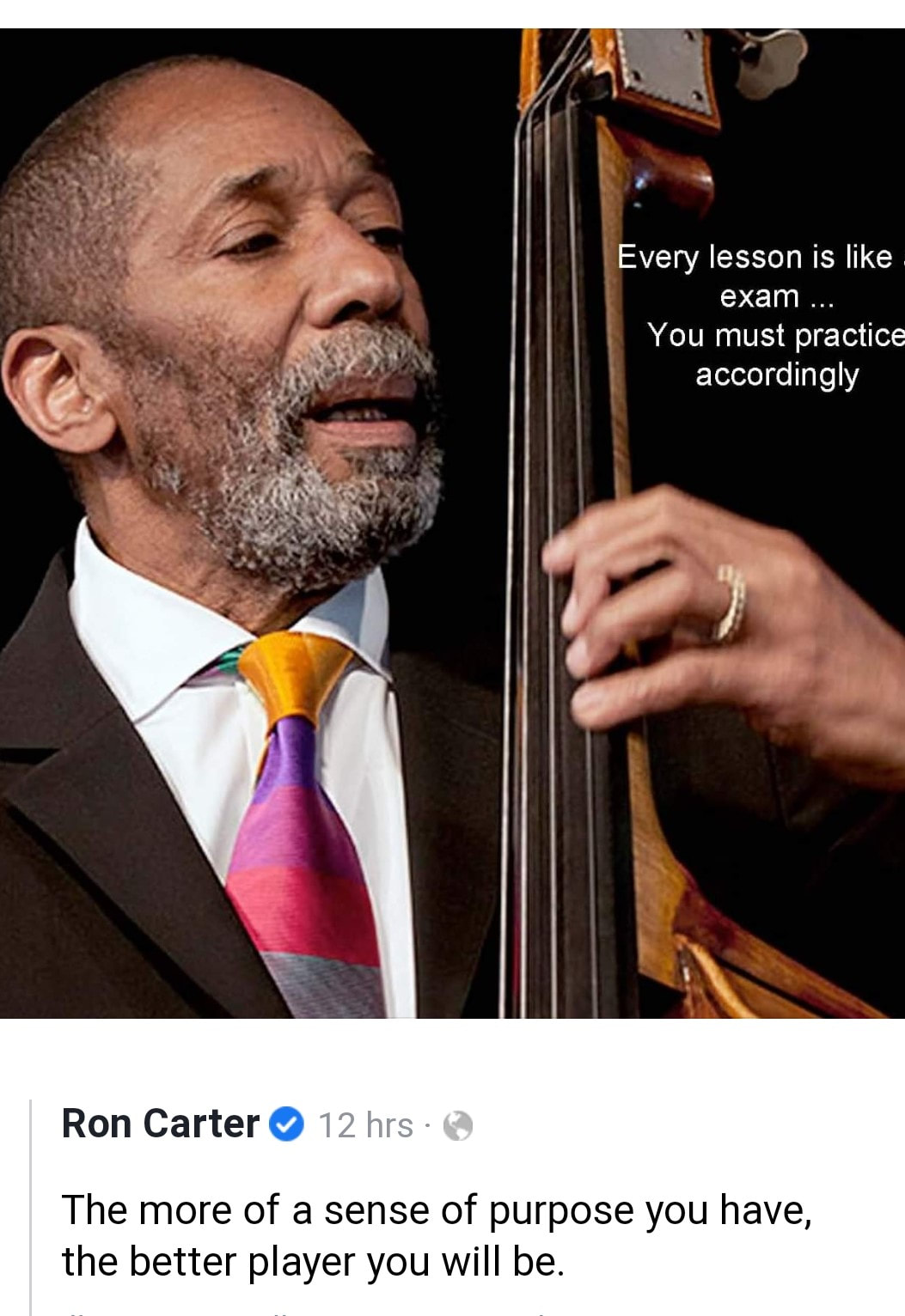
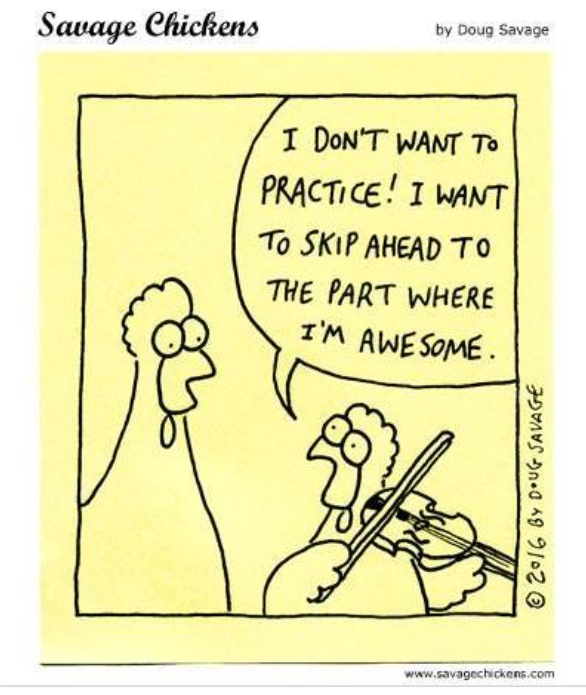
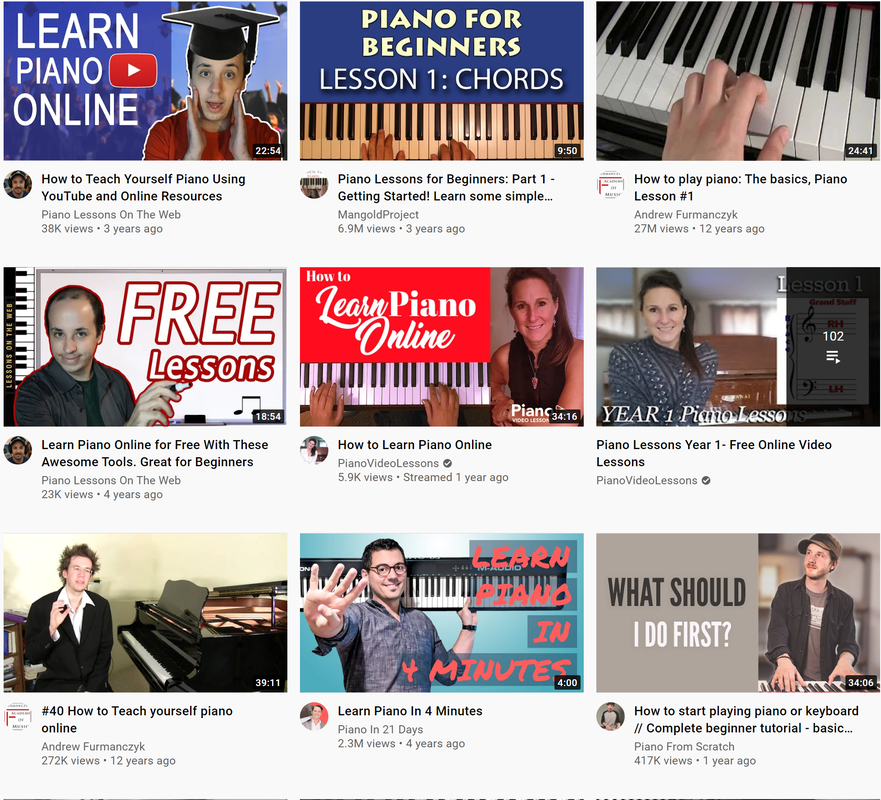
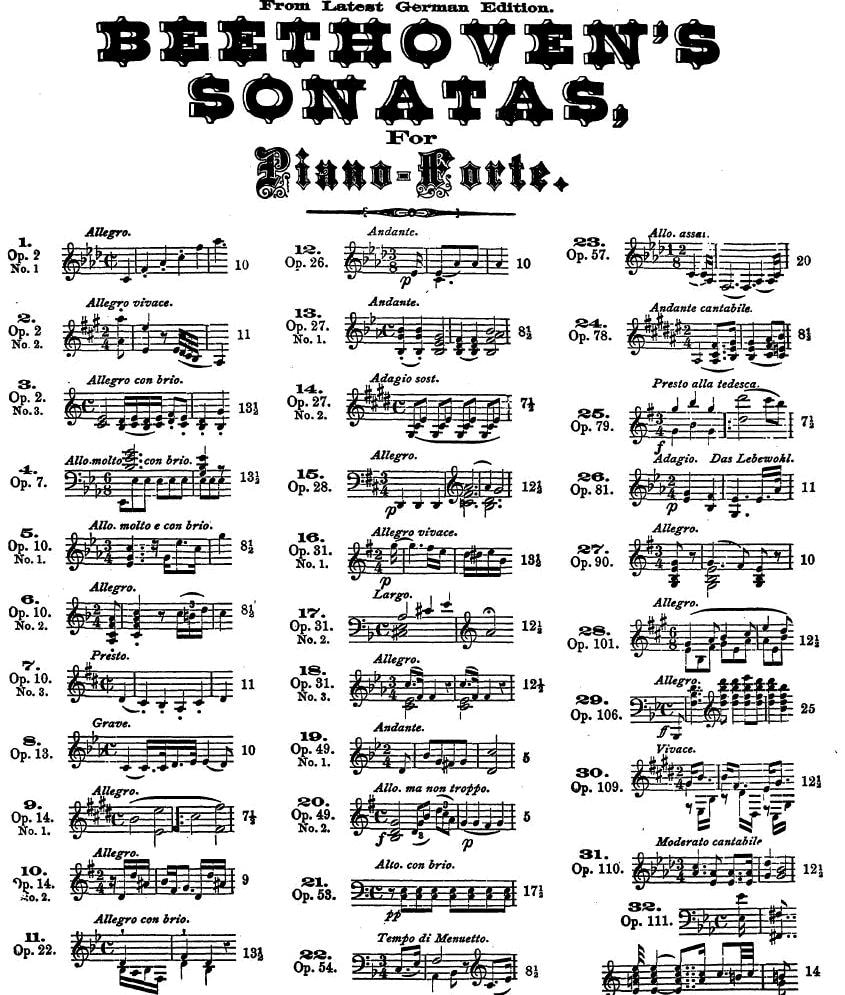

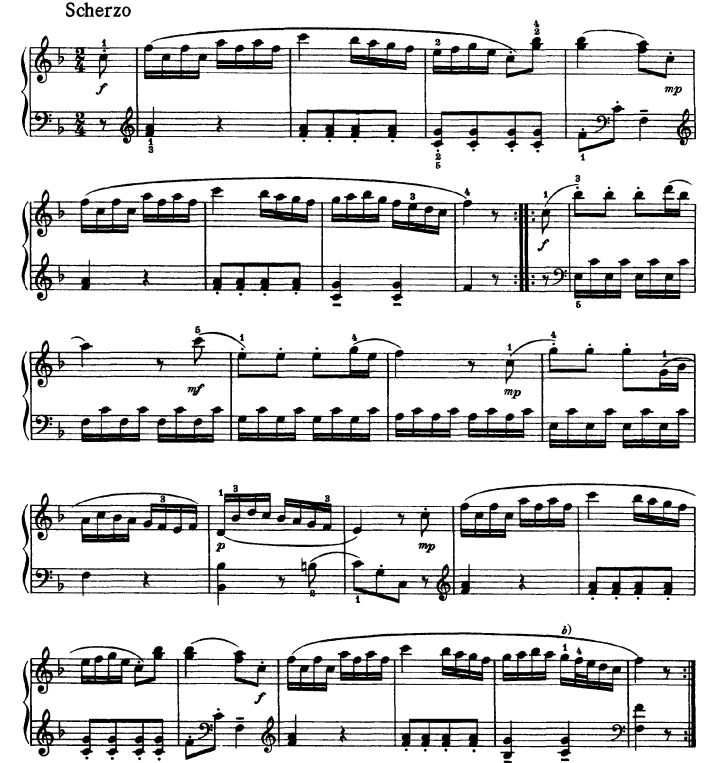
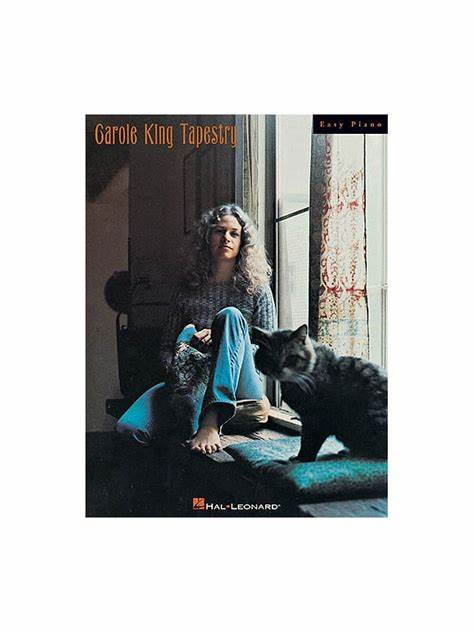
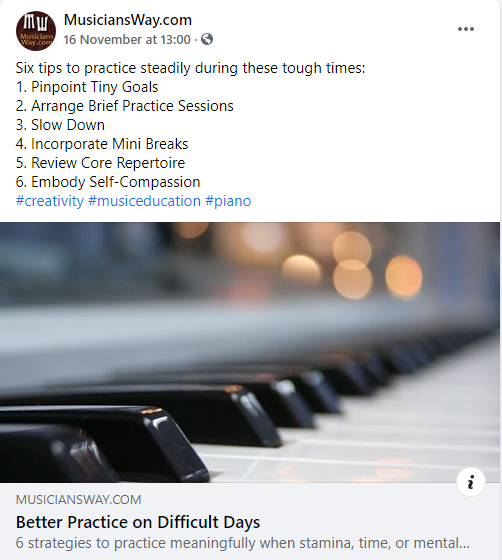
 RSS Feed
RSS Feed